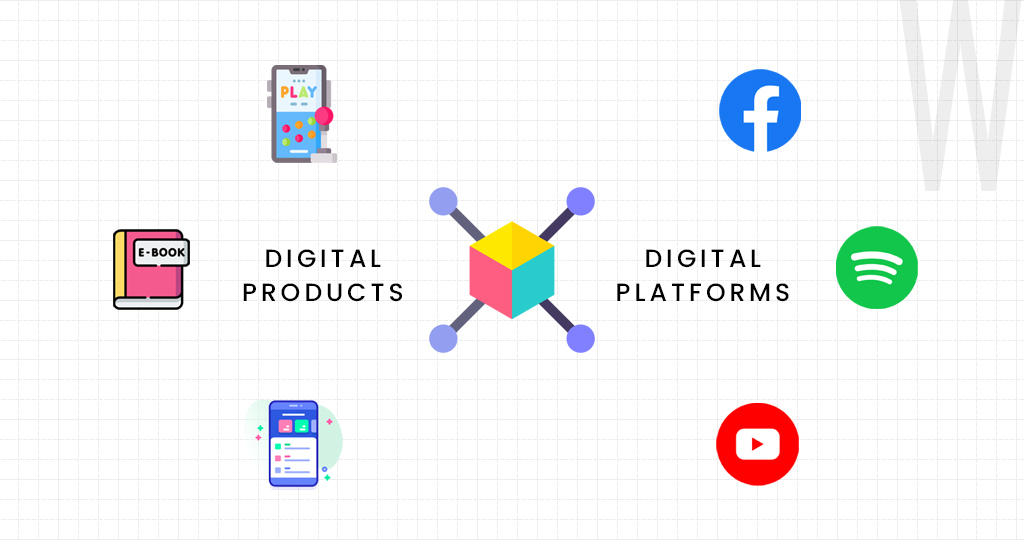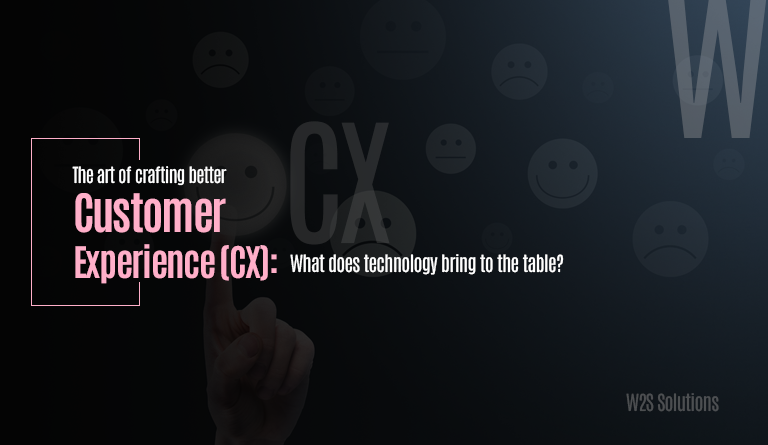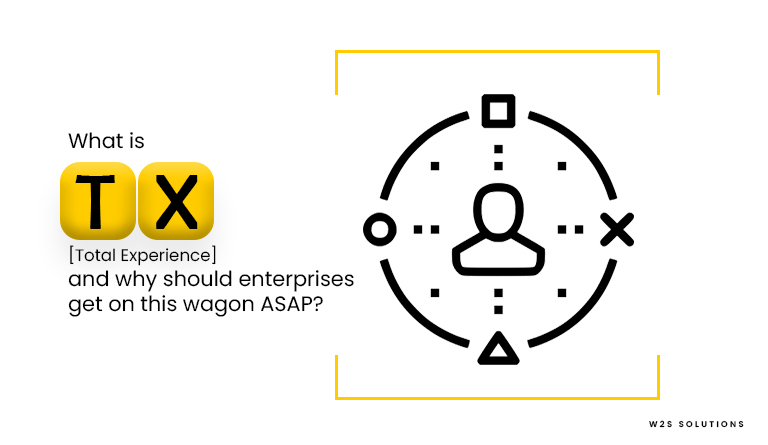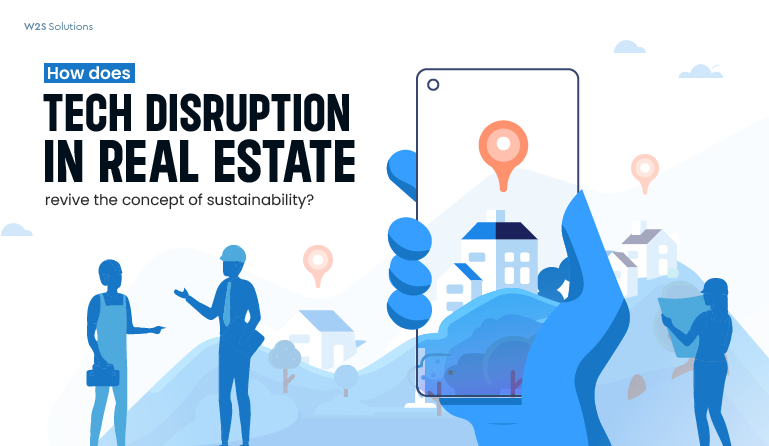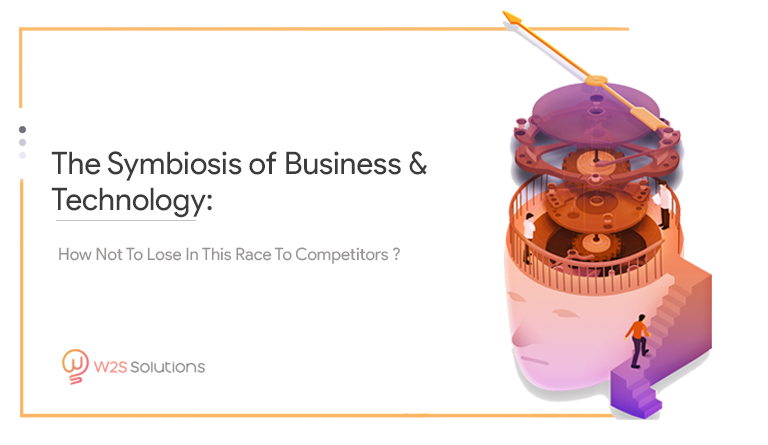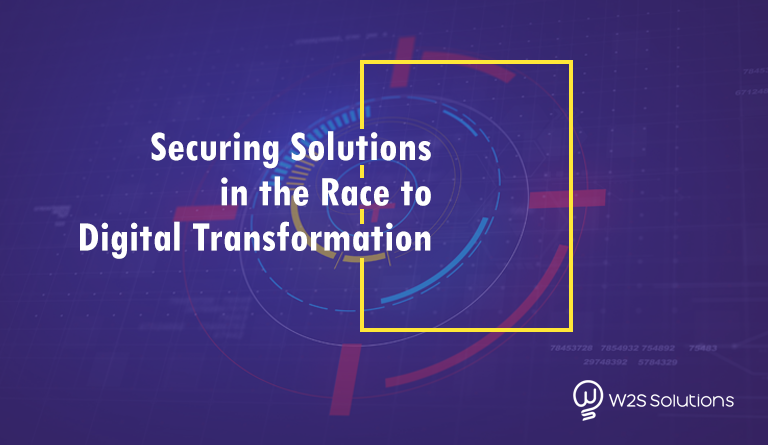The retail market is facing massive changes everyday, driven by advancements in technology and evolving consumer demands. For retail businesses, digital transformation is not just an option anymore, but a necessity. It is crucial for staying competitive and meeting customer expectations. Retail leaders can find a clear direction, making the transaction smoother and more effective.
In this article, we will discuss some fundamental questions that retail leaders should consider when starting their digital transformation journey. These questions aim to refine your strategy, set clear objectives, and help you prepare for the opportunities and challenges ahead.
What Does Digital Transformation Look Like for a Retail Business?
Digital transformation is not the same for everyone, it varies based on the unique needs of each business. For some companies, it could mean adopting new technologies like artificial intelligence or data analytics. For others, it might involve improving customer interactions online or streaming supply chain operations.
Understanding what digital transformation looks like for your specific business is essential. By pinpointing which areas of your business will benefit the most from technology, you can focus your efforts and resources on making the biggest impact where it matters most.
For a retail business, the benefits of digital transformation are numerous and can lead to significant improvements. By embracing the right technologies tailored to your needs, you can enhance customer experience, streamline operations, and make data-driven decisions. This not only boosts efficiency but also helps your business stay competitive in the rapidly evolving market.
Start from the Scratch: Know Your Customers
Today’s customers expect a lot more from retailers. They look for personalized experiences, quick delivery, and smooth interactions across all channels. Meeting these expectations requires a deep understanding of what your customers like, how they behave, and what challenges they face.
Using data effectively to gather insights into customer preferences can help tailor your digital strategy to provide more personalized shopping experiences. A customer-centric approach will set your business apart and drive greater loyalty and satisfaction.
By leveraging data analytics, you can gain valuable insights into your customer’s buying habits, preferences, and pain points. This information can be used to personalize your marketing efforts, optimize your website, and improve customer service. By understanding your customers on a deeper level, you can build stronger relationships and drive long-term success.
Are We Ready to Accept and Adapt to Change?
Embracing digital transformation goes beyond implementing just new technologies, it also involves a shift in mindset. Your team’s willingness to adapt and accept change plays a crucial role in the transformation process. Often, the biggest obstacle is internal resistance to change.
Preparing your team for new ways of working, fostering a culture that encourages innovation, and promoting continuous learning are key elements for a smooth transition. Change can be challenging, but a supportive culture makes the journey easier.
By preparing your team for new ways of working, you can create a supportive environment that facilitates a smooth transition. The change can be a bit challenging, but with the right mindset and support, it can also be a catalyst for growth and success. While technical training for your employees is crucial, it is also necessary to understand that digital transformation is equal parts cultural transformation as it is technological transformation.
Have the Right Technology and Tools:
Choosing the right technology is one of the most critical steps in digital transformation. With a wide range of tools available, from AI and machine learning to cloud-based solutions, making the right choice can be overwhelming. It is important to select technologies that align with your business goals and integrate seamlessly with your existing systems.
Invest in solutions that not only meet your current needs but are also scalable to grow as your business expands. This right technology will enable your business to be more agile, efficient, and responsive to market changes.
Roadmap for Digital Transformation
A well-defined roadmap serves as a guide for your digital transformation journey. This plan should include both short-term and long-term goals, specific milestones, and a timeline for achieving them. A clear roadmap helps everyone in your organization understand the direction and stay focused on the goals.
Having a detailed plan in place ensures that every team member knows their role and responsibilities, which helps keep the transformation process on track and aligned with your strategic objectives.
By having a clear plan you can ensure that everyone in your organization understands the direction of the transformation and stays focused on the goals. A detailed roadmap also helps to clarify roles and responsibilities, ensuring that each team member knows their contribution to the overall effort.
To know more about the roadmap for digital transformation, check out this article- (DT article from W2S)
Track and Measure Your Success:
To understand the impact of digital transformation on your business, it is important to measure its success. Defining clear metrics and key performance indicators (KPIs) will help track progress and make informed decisions.
Metrics like customer satisfaction, revenue growth, operational efficiency, and adoption rate of new technologies are common indicators of success. By regularly reviewing these metrics, you can identify what’s working well and what needs improvement, enabling data-driven decisions for continuous growth.
Measuring these metrics not only highlights your success but also uncovers potential challenges that need attention. Understanding these areas allows businesses to stay ahead of the competition. Consistent evaluation of your digital transformation efforts ensures that you are moving forward, maximizing the business growth.
Are You Ready to Handle Potential Risks and Challenges?
Digital transformation comes with its own risks and challenges, including data breaches, technical issues, and resistance from employees. Being proactive about these risks is essential to minimize disruptions and ensure a smooth transition.
Developing a risk management strategy that addresses these challenges before they arise will make your digital transformation efforts more resilient. Preparing for the unexpected will help your business adapt quickly and efficiently when faced with obstacles.
How Will You Manage Change Throughout the Process?
Managing change effectively is crucial for the successful adoption of new digital processes and tools. This requires clear communication with your team, providing training programs, and offering continuous support throughout the transition.
A well-managed change process empowers your workforce to feel confident and motivated when adopting new technologies. Equipping your team with the necessary skills and knowledge is key to driving productivity and embracing innovation.
Stay Updated With Industry Trends:
The digital world is always evolving, with new trends and technologies emerging frequently. Keeping up with these changes is essential for staying ahead of competitors and making timely updates to your strategy.
Staying informed about the latest developments in the retail industry can help you identify new opportunities and adapt to market shifts. Regular research and networking with industry peers will ensure that your business remains agile and innovative.
By equipping your employees with the latest skills and knowledge, you can navigate new technologies and trends. This commitment to continuous learning fosters a culture of innovation within your organization, enabling your business to quickly respond to challenges and seize opportunities.
Do You Have The Right Partner to Support Us in Your Digital Journey?
Digital transformation can be complex, and sometimes it is beneficial to seek help from experts. Partnering with a technology expert or consultancy can bring valuable knowledge and resources to your business that you may not have in-house.
Collaborating with the right partner can speed up your transformation journey and provide you with the tools to make better decisions. They can guide you through each step, helping to align technology solutions with your business goals and maximizing your investment.
Final Thoughts,
Digital transformation is not a one-time event but an ongoing process. It requires a continuous commitment to innovation, adaptability, and customer-centricity. By embracing these principles and leveraging the power of technology, retail businesses can unlock new opportunities, enhance customer experiences, and drive sustainable growth.
Retail leaders who ask these essential questions and approach digital transformation thoughtfully are better positioned to lead their businesses toward sustained growth and success. By focusing on your specific needs, preparing for change, and adopting the right technologies, you can create a seamless and strategic transformation process.


